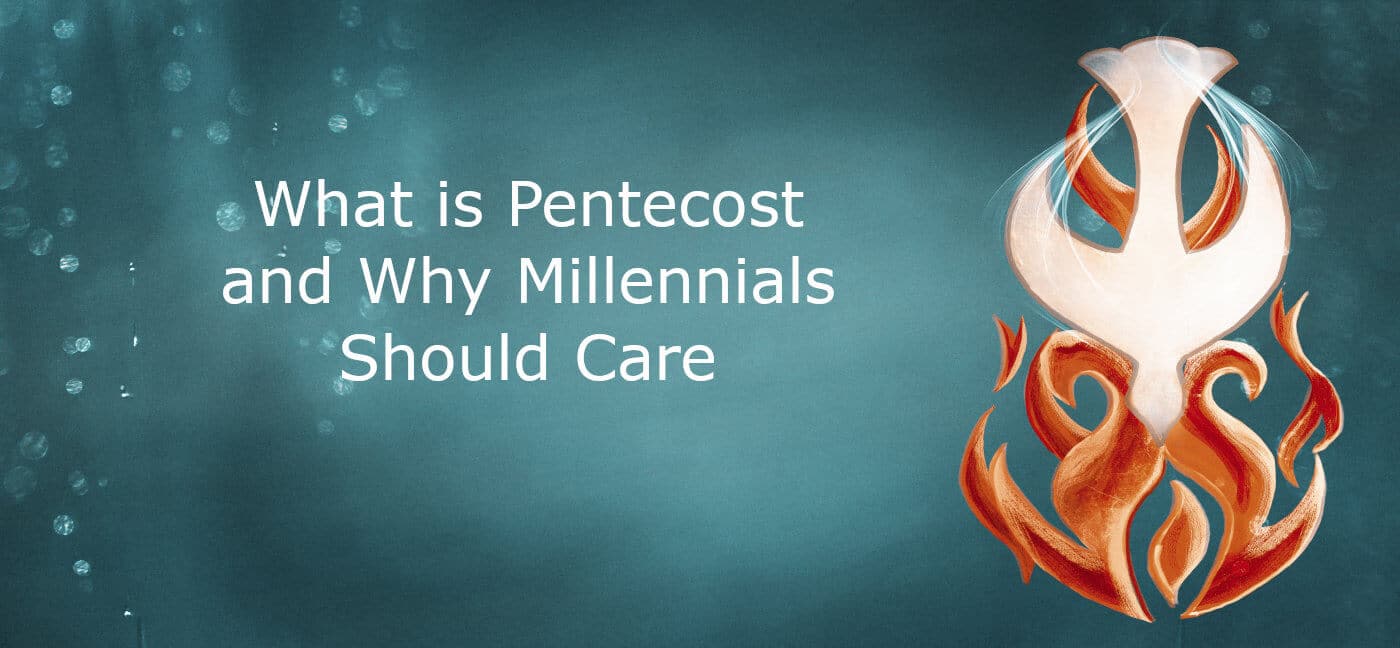What is Pentecost and Why You Should Care
Lica Porcile

Many Christian denominations celebrate Pentecost, or the Feast of Weeks, on the seventh Sunday after Easter. To many Christians, the Holy Spirit descended upon the disciples of Jesus, who consequently began speaking in tongues and gained spiritual insight from grace. The episode, in which Apostle Peter delivered his first sermon, attracted thousands of onlookers and led to 3,000 new followers, according to the Book of Acts in the Bible.
Consequently, many Christians see Pentecost as the birth of the Church. The name Pentecost comes from the number 50 in Greek, as the holiday occurs 50 days from Easter. Jewish people possess a connected holiday called Shavuot, which occurs 50 days after Passover, and lasts three days. Consequently, the two holidays often overlap.
There is a great deal of variety regarding how different denominations celebrate Pentecost, which is considered the birthday of the church:
-Wind. God’s first breath of love or Ruach, which means breath or spirit in Hebrew, was breathed into all of creation. A “driving wind” surrounded the apostles on that first Pentecost to strengthen them in their faith. The breath of the Holy Spirit–and sometimes a gusting wind–strengthens and challenges God’s people on their faith journey.
-Fire. What looked like flames appeared to settle on the apostles as they were filled with the Holy Spirit on Pentecost, causing them to speak in other languages and replacing their fear with courage to go forth and share Christ’s story.
-Dove. This bird symbolizes peace between God and human beings. The Holy Spirit in the form of a dove hovered over Jesus when he was baptized and God’s voice spoke from heaven confirming Jesus as the “Chosen One,” through which humanity could ultimately enjoy peace with God.
For many Christians, Pentecost is rich in spiritual significance, partly because it draws extensively from a variety of previous traditions. In its Hebrew roots, it was tied to the Feast of Firstfruits, meaning the harvest and spring, and its connection to Shavuot ties it to key events in the Old Testament such as the end of Exodus and the giving of the law to Moses. To the 12 Apostles, the day represented the fulfillment of Christ’s promise to baptize his followers with the Holy Spirit. Just as Christmas celebrates the coming of God’s son, Pentecost celebrates the coming of the Holy Spirit. From both these traditions, Pentecost has been shaped into a holiday to celebrate God’s gift of wisdom to his followers. However, to many millennials, the timing of Pentecost is opportune.
It is often around Pentecost that the academic year draws to a close, and graduation looms near for college students. Many graduates use their faith to reflect on the experience, wisdom, and knowledge gained from their college career, and perhaps most importantly on how to use what they learned. In that sense, Pentecost is peculiarly relatable. Having lost their guide Jesus, the Apostles before Pentecost felt like so many students graduating often feel: lost and without direction.
Pentecost teaches us that although we may no longer be in the physical presence of professors, mentors, and friends, the bonds created will be a source of wisdom and inspiration throughout our lives. Moreover, as we celebrate the Apostles taking their newfound wisdom to teach orders, we too are inspired to use our knowledge to teach, inspire and lead. Viewing knowledge as a gift of grace helps us move forward through uncharted new territories with faith that we will succeed in the challenges ahead because we are not alone. God would not give us wisdom if he did not believe us capable of putting it to good use, just as he would not have baptized his Apostles with the Holy Spirit if he did not believe in them.
Although Pentecost is an ancient holiday, it has not lost its significance. It is a holiday that reminds us, each year, to look beyond the facts and figures we have learned, and to consider more closely the life lessons we can extrapolate from our experiences. It inspires us to be brave in the search for wisdom and to use that wisdom to enlighten others.



